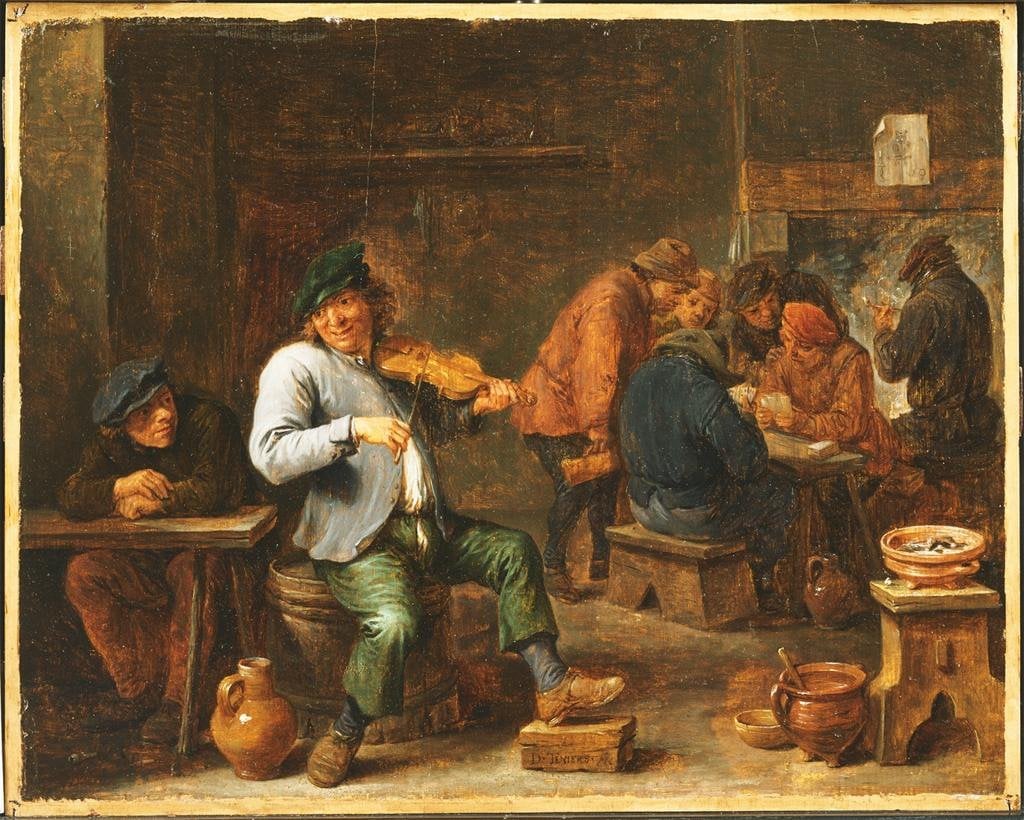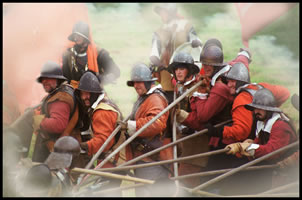
Thomas Fletcher, printer's apprentice and Parliamentarian sympathiser, has learned to keep his political beliefs to himself this past year, given that he lives and works in a city that has declared for the King.
A few days ago there was much talk in the taverns of the Roundhead army's excesses in the villages near Felpersham, some not five miles from the city walls. Only three mornings ago he witnessed more than a thousand cavaliers leave the city by the Fishergate, followed by a lesser number of foot, all of them musketeers, clad in the blue uniforms of the Earl of Grantham's lifeguard and the yellow coats of Sir Charles Moncrief's regiment of foote.
Now many of those horseman are lying broken and bleeding in the City's hospital, a former convent that passed into the Earl of Grantham's estate in the reign of Elizabeth.
Fletcher drinks in 'The Golden Pheasant', a tavern off Pudding street, and one frequented by Moncrief's men. There he strikes up a conversation with one of the musketeers who marched out of Felpersham to fight the Roundheads.
That night he writes by candlelight of what he has learnt and in the morning passes it to a man he knows only as Master Nuttall, a travelling peddler, who seems much troubled this day.
The gist of Fletcher's report, for that is what it is considered by the Parliamentarian Scoutmaster General, is thus: there was a great slaughter of Royalists at Ashby Street and many gallant men fell but just as the battle seemed lost and the King's army appeared broken, a few score cavaliers and dragoons fell upon the Roundhead artillery train and baggage. The Roundhead guns were spiked and their baggage train sacked, the powder and shot blown up, and the treasure pillaged.
The King's cavalry have been dealt a great blow, it will be many months before his supporters could consider going over to the offensive, but equally it appears that Parliament's men have lost their siege train and with it the means to force a decision in the county...
Full DBR After Action Report to Follow

